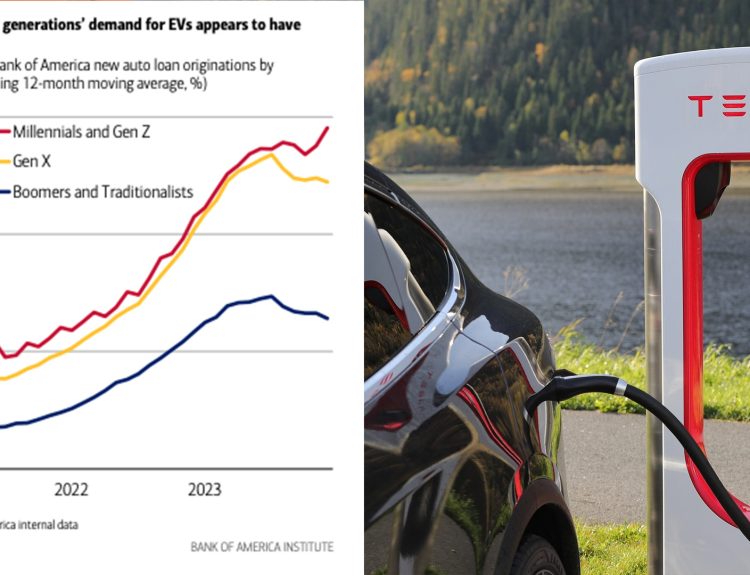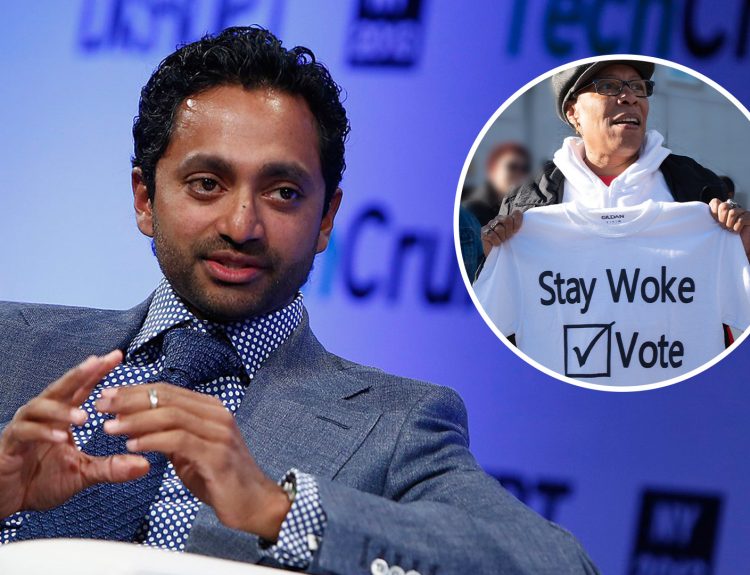Unsurprisingly, California’s wage hike for fast-food businesses has managed to backfire spectacularly. One California restaurant went out of business a few days after the increase in wages occurred because they couldn’t afford their workers. Let’s take a look at what this means for California’s fast-food restaurant business.
A $20 Minimum Wage Goes Into Effect
California has set up a $20 minimum wage law that forces fast-food operations to pay their workers what Governor Gavin Newsom and his cabinet consider a “livable wage.”

Unfortunately, this has led to the closures of many small businesses that cannot meet the minimum wage requirements and still make a profit. Chain stores have been largely unaffected.
The Latest Casualty Of the Law
Fosters Freeze in Lemoore recently closed as one of the latest casualties of the wage hike. This restaurant was beloved by many members of the community, who mourned its sudden closure.

The restaurant also employed a few locals, allowing people to work at a well-loved location that was also a local business. Its former employees were left blindsided by the announcement.
Shock and Dismay
The former assistant general manager of Fosters Freeze appeared on Fox’s The Bottom Line to discuss how the closure affected her. She said it was shocking and left her dismayed.

Monica Navarro is only one of the employees of the business who felt as though they couldn’t do anything. This law passed by the state made it impossible for her employer to do business.
Wage Hike Is The Major Factor
Loren Wright, the owner of Fosters Freeze, said that the wage hike was the most significant reason for the closure. She further stated that she was paying her workers a livable wage before the hike.
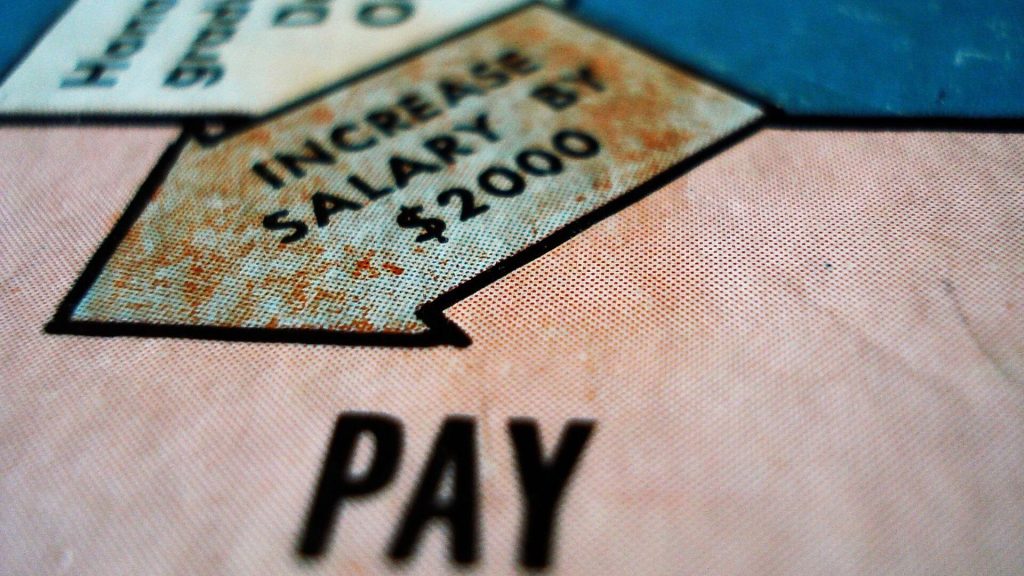
The law provides exemptions for smaller businesses, but Fosters Freeze did not qualify for those exemptions. The business just couldn’t operate profitably and pay its employees the new mandated rate.
The Law of Unintended Consequences
A misunderstood result of some government interference in the economy is known as the law of unintended consequences. Specific laws lead to things happening that the government can’t foresee.

This is not a new occurrence, as it has happened as far back in history as the 19th century. No matter what a government does, it cannot predict the full impact of its legislation until after it’s passed.
Small Businesses Shutting Down is an Unintended Consequence
Navarro pointed out that raising the minimum wage would affect small businesses more than the chain stores that the law initially intended to target.

Many employees wouldn’t have minded working for less if they had continued employment. The wage hike forced businesses to close and drove those employees out of work.
Wage Hike Is Latest in a Series of Terrible Events
In addition to increased wages, small businesses in California are facing increased pressure. Competition is at an all-time high, and consumers are not eating out as much.

The wage hike is just the latest domino to fall, leading to the closure of many small businesses that survived because they were part of a supportive community.
Other Local Establishments May Soon Close
Fosters Freeze is the latest closure, but the floodgates are likely only just beginning to open. California might end up in a far worse position if more of these businesses close.

There’s already a massive spike in homelessness in some of California’s largest cities, and with fewer people employed, evictions might be coming before too long, adding to the problem.
Is The Minimum Wage Hike Effective?
Fosters Freeze’s closure raises many pointed questions about Newsom’s legislation. If it was passed to help people working at fast-food restaurants, would it live up to its expectations?

Unfortunately, for many workers in small businesses, the wage hike doesn’t seem to be very effective. If anything, it’s lowered their ability to meet their financial obligations.
A Lack Of Understanding
When legislators passed this bill, they looked at the state of fast-food workers in the state. Before this, the state already had the highest minimum wage limit in all of the US.

Most legislators saw this as a way to push fast-food franchises to offer a livable wage. They never considered that smaller businesses would suffer because of their decisions.
Shoestring Budgets and Thin Margins
Legislators involved in raising the minimum wage seem unaware that many fast-food businesses operate on very thin margins. Some months are not even profitable.

Budgeting for staff means cutting financial corners on some things. However, no matter how many corners you cut, there will come a time when the business ceases to be profitable when wages are raised.
Some Argue for No Minimum Wage
California’s business closures are a win for those who argue that there’s no reason to implement a minimum wage. Libertarians consider minimum wage government interference in the labor market.
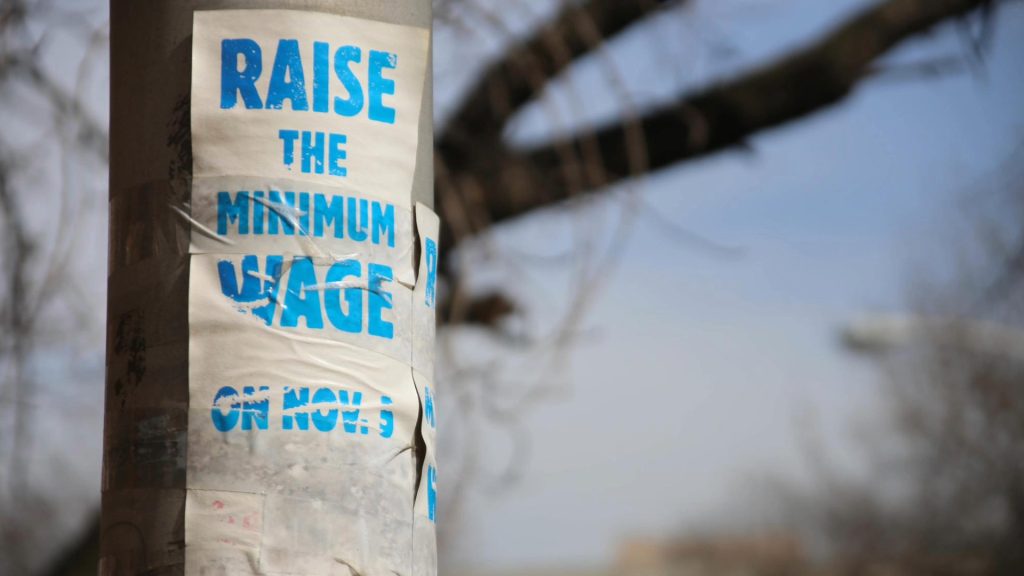
Others argue that a minimum wage is a necessity. It allows people to be paid for low-skilled work and establishes a floor that’s intended to be livable—except when you’ve been fired because the minimum wage is set too high.
Government Agencies Must Step Up
There has been a call from all parts of California for governmental agencies to step in and help those who are suffering because of the state government’s lack of foresight.
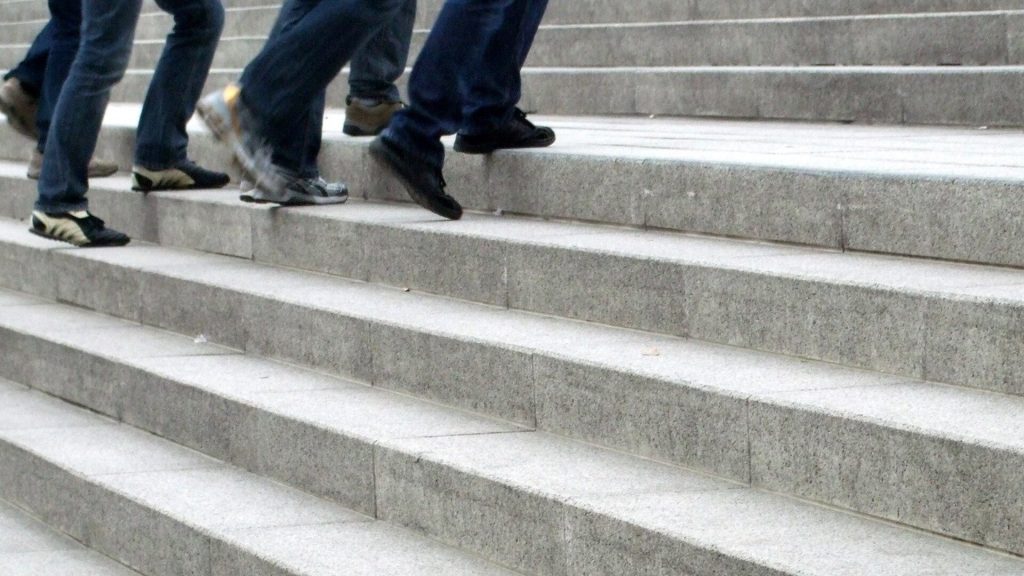
Efforts such as job and skill retraining, job placement assistance, and other forms of support can help those who lost their jobs because of business closure make ends meet until they find another job.
Highest Unemployment Rates in the Nation
California already has massive unemployment, with the highest rate in the country. These business closures will only make it worse for those seeking employment.
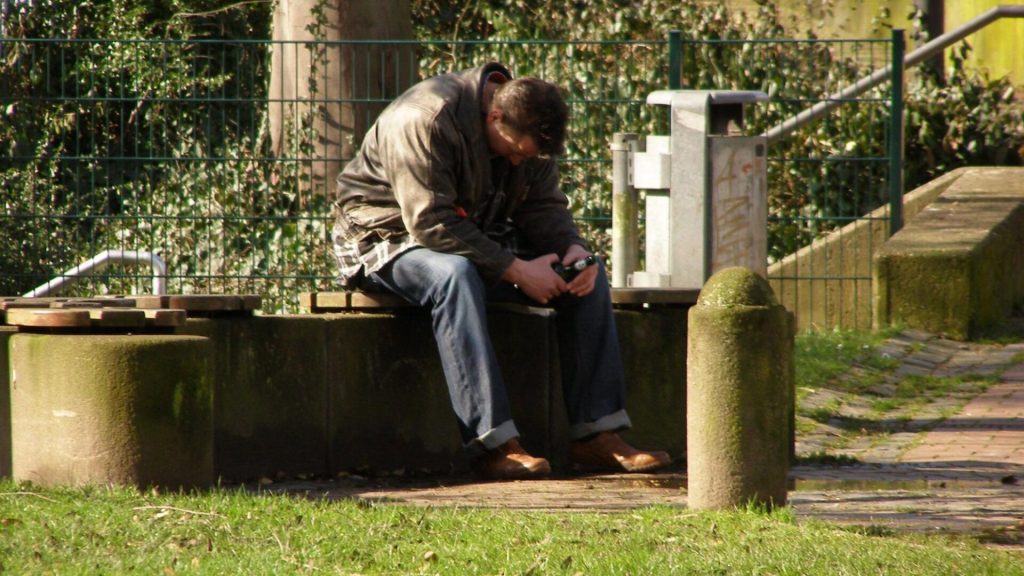
Government assistance programs are already under strain, and the state government is trying its best to meet its obligations. However, their actions might hurt the economy even further.
Reduced Hours And Short-Staffing
For the businesses that manage to remain in operation during this time, there are a lot of changes that they need to undergo. Employees are seeing much of their working hours cut.

Chain stores are firing some workers but cutting the hours for others to fit into their employee wages budget. This leads to many locations being understaffed as a result.
Solutions Needed Going Forward
In such an uncertain economy, solutions must be found that allow businesses to keep up with costs while not punishing them for being employers. Hiking the minimum wage might not be the right approach. Legislators could benefit both the state and the minimum wage employees in many other ways.
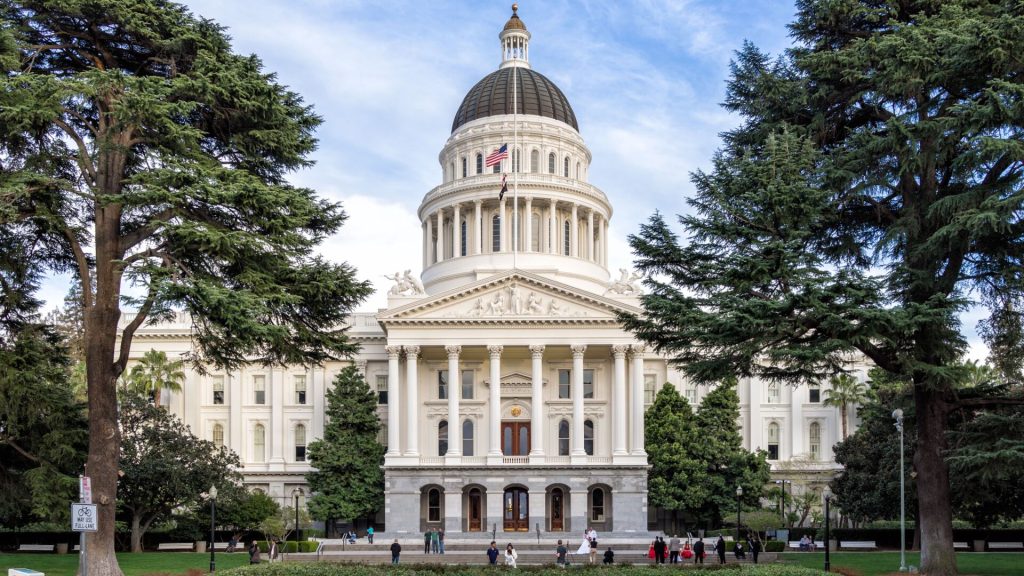
Legislators need to consider alternatives when finding solutions. To relieve this economic pressure, developing an environment that supports small businesses instead of punishing them is the better option. Implementing approaches like a flexible minimum wage band would appeal to small businesses and their employees, but it won’t benefit the state.
California’s Debt Problem May Be to Blame
While some think legislators didn’t consider small businesses, others suggest their consideration might be elsewhere. California has racked up billions of dollars in debt. This has led to the state having to take drastic measures to collect income from taxes.

Legislators are frantically trying to find ways to pay off the debt, passing laws that range from the slightly uncomfortable to the unconstitutional. This minimum wage hike might be the latest move.
A $58 Billion Debt Bill
California is facing one of the hugest mountains of debt in the entire country. The state has a lot of publicly funded initiatives, but those initiatives take their toll on the state budget. Funding welfare programs and public transport systems are not cheap.
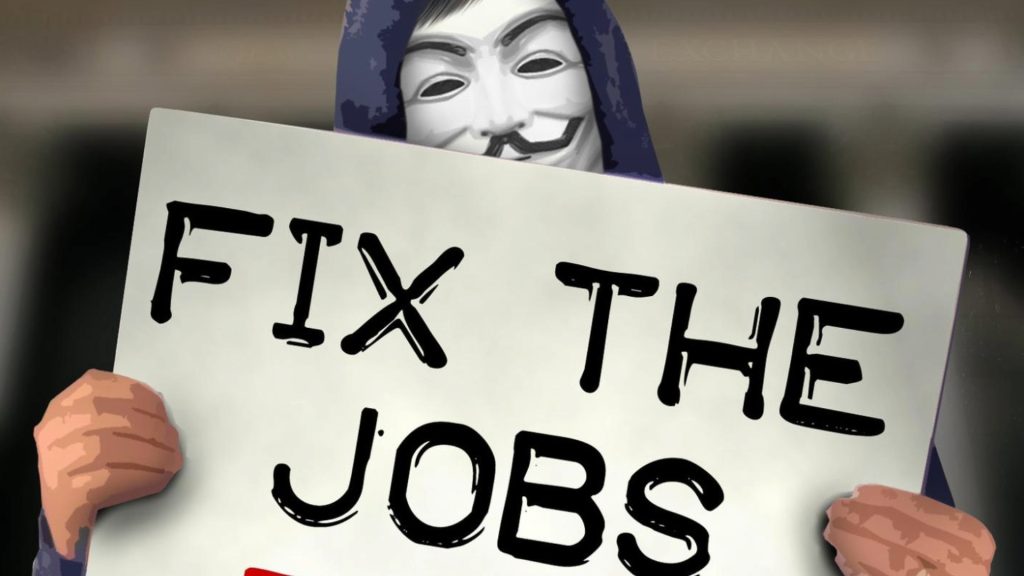
Fiscal experts have noted that the higher minimum wage will likely affect California’s tax income. However, it’s unclear to what level the income will be affected. Some experts suggest combining the income and employer wages taxes could shoot income up significantly.
Increasing the Minimum Wage Could Also Save the State Money
Earning more is one way for California to pay off its debt, but cutting expenses can also be useful. According to economic experts, raising the minimum wage could accomplish both.

Many of California’s welfare programs are income-gated. Raising the minimum wage would ensure that some people are locked out of accessing some state welfare programs, reducing the state’s bills.
Not a Human-Centric Approach
California is trying its best to ensure it can meet its welfare obligations, but the problem seems to focus solely on income, not the people impacted. California’s debt burden has made it a significant concern to lawmakers.

For example, gating people out of welfare with an increased minimum wage may lead to more food and shelter insecurity and financial instability in low-income families. Some families that depend on specific welfare programs can no longer access them.
Californians Will Pay More At Fast-Food Places
Additionally, one of the unintended consequences of raising the minimum wage would be Californians having to pay more at fast-food chain outlets so that they can keep paying workers.
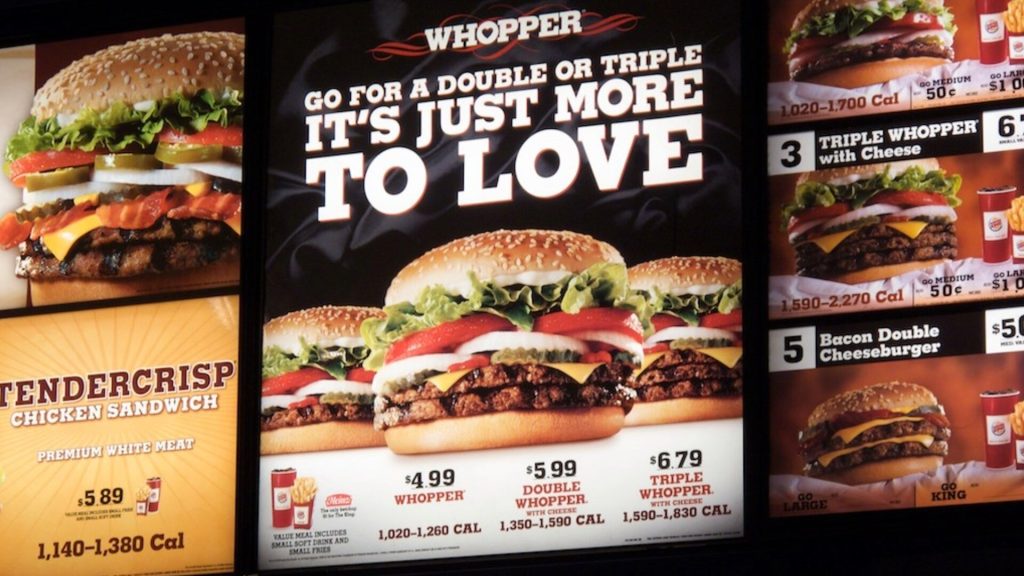
California already has the highest sales tax rate in the entire United States. In California, consumers already pay 7.25% sales tax. This has led to an increasing cost of living within the state, leading to many residents simply leaving for a cheaper state.
Affecting the Poorest Members of California Negatively
California’s increased minimum wage will drive some people to unemployment, but for others who keep their jobs, it might lead to a decline in their standard of living despite an income increase.

Households that depend on the CalFresh program (also known as SNAP) will be ineligible for the program after the $20/hour minimum wage hike.
Taxes For Everyone!
When fast-food employers raise their minimum wage workers’ salaries, those workers will also be entitled to pay more in income tax. Employers are also required to pay more taxes to the state.

California’s attempt to tax as many people as possible has also led to several questionable legislative decisions. Most recently, the state passed a law that required Californians to pay an “exit tax” if they intended to move out of the state, violating citizens’ freedom of movement.
Not Benefitting The People Who Need It
California has many things to recommend it as a place to live, but in recent years, those reasons have become fewer and fewer. High costs of living, rampant unemployment and homelessness, lack of housing and low jobs, and an economy set up to punish small businesses all combine to make for an unpalatable combination.
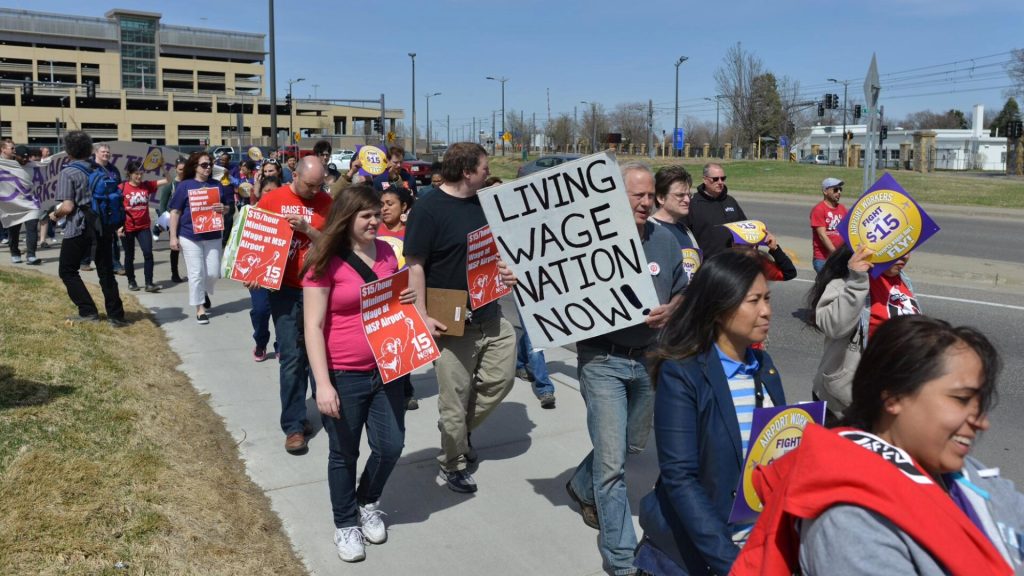
Many people in California celebrated the wealth tax that was passed to force high-net-worth individuals to pay their “fair share.” However, as more legislative changes come about to leach as much money from the electorate as possible, there are cries of outrage. It seems that many of the new legislative changes, like increased minimum wage, are punishing the very people they should help.




